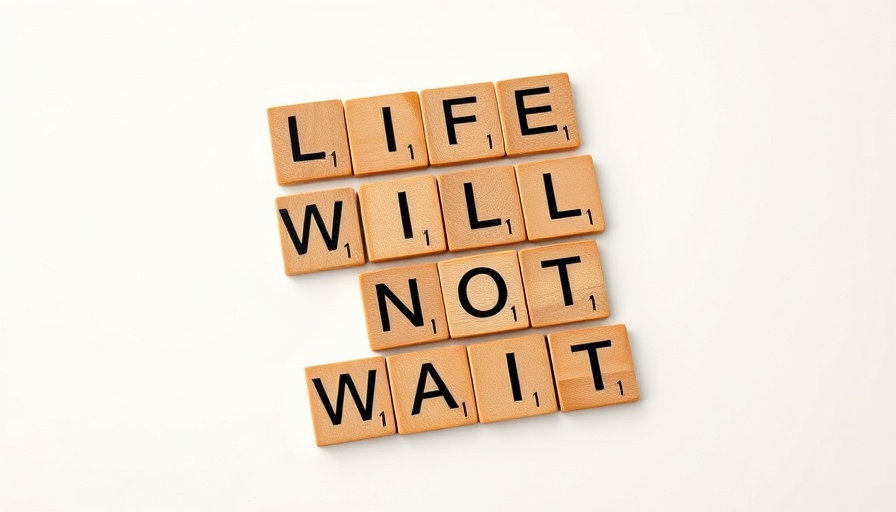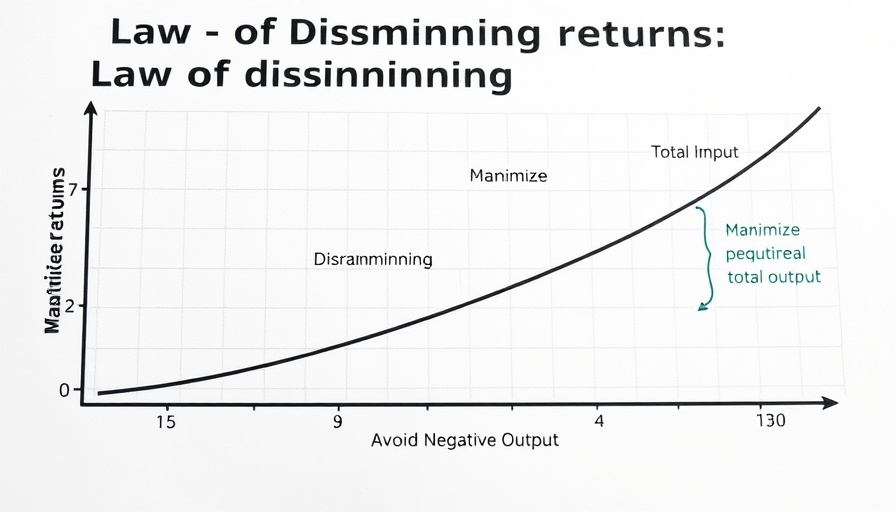
Understanding the Regrets of the Dying
The passage of time often reshapes our perspective on life, especially during the last moments of it. The insights shared by former palliative nurse Bronnie Ware about the top regrets of the dying provide a unique lens through which we can reflect on our own lives. Her observations highlight essential truths about being true to ourselves, fostering connections, and making choices that align with our authentic selves.
Common Regrets and Their Lessons
Ware identifies several regrets that frequently emerge from her patients, focusing on five pivotal themes:
- I wish I’d had the courage to live a life true to myself. Individuals often find themselves trapped in societal expectations, leading to unfulfilled dreams.
- I wish I hadn’t worked so hard. Many feel that their relentless dedication to work came at the cost of personal relationships and well-being.
- I wish I had expressed my feelings. This reflects the importance of openness in our relationships, emphasizing the need to communicate our true emotions.
- I wish I had stayed in touch with my friends. Maintaining friendships can provide emotional support throughout life’s challenges.
- I wish I had let myself be happier. Many realize that happiness is often a choice, one that is frequently overlooked amid life’s chaos.
Living a Life True to Yourself
The first regret resonates deeply with many, illustrating a prevalent societal dilemma: choosing paths dictated by external pressures instead of personal aspirations. As a journalist, I've encountered numerous individuals who, like many of Ware's patients, have faced this struggle. The desire for societal validation can lead to a life that feels inauthentic or unfulfilling.
Consider the story of an Alberta teacher who dreamt of becoming a painter. Following family advice, she pursued an education in teaching but always felt a creative void. It wasn't until she reached her forties that she took the leap to paint full-time. Her regret wasn’t the years spent teaching but rather the years spent stifling her true self.
The Importance of Balancing Work and Life
Another profound regret is the wish of having worked less and prioritized more meaningful moments. In today's fast-paced world, we often equate our self-worth with our productivity. This notion can lead to our work taking precedence over vital life experiences, such as family time, hobbies, or self-care.
Research supports this, showing that overworking without counterbalance can lead to burnout and dissatisfaction. We need to foster a work culture that celebrates not just productivity but also the well-being of employees. A healthy work-life balance is not just a personal choice but a societal imperative.
The Healing Power of Expressing Emotions
The third regret speaks volumes about emotional health. Unexpressed feelings can lead to unresolved conflict and inner turmoil. Mastering the art of communication in our relationships enhances intimacy and understanding. In Alberta, community workshops encourage citizens to engage in open dialogue with family and friends, fostering a culture of emotional transparency.
Building and Maintaining Friendships
When reflecting on the regret of not keeping in touch with friends, we recognize the importance of intentional relationships. In a world increasingly driven by technology, maintaining genuine connections with those we value requires effort and commitment. A focus on in-person meetings, whether through game nights or coffee dates, can help combat loneliness and strengthen these cherished bonds.
Choosing Happiness
Finally, choosing to pursue happiness is a realization many make too late. Happiness often resides in small, everyday choices rather than monumental life changes. Practicing gratitude, mindfulness, and joy can breathe life into the ordinary. Initiatives in Alberta, such as community engagement programs and wellness retreats, promote awareness around mental health and personal joy, inviting individuals to consider what truly makes them happy.
Moving Forward with Purpose
As we contemplate these lessons from the dying, it becomes vital for us to take actionable steps towards our fulfillment. Prioritize relationships, be self-expressive, and don’t be afraid to break societal molds. The journey of living authentically and joyfully is ongoing. Allow yourself the grace to explore what truly resonates with you.
Take a step back to evaluate your life. What path are you on? Are you living authentically? Embrace the courage to redefine your journey. The time to act is now—don't wait until the regrets come knocking.
So, what will you do today to honor your true self?
 Add Row
Add Row  Add
Add 




Write A Comment